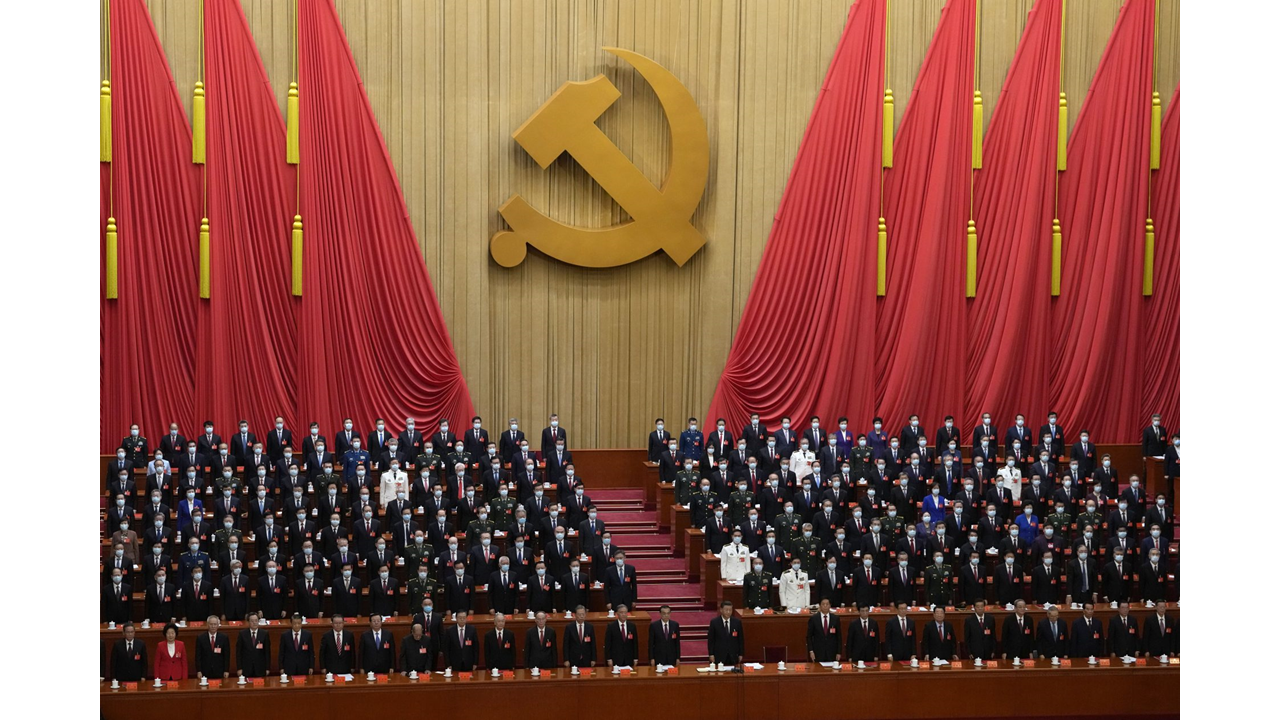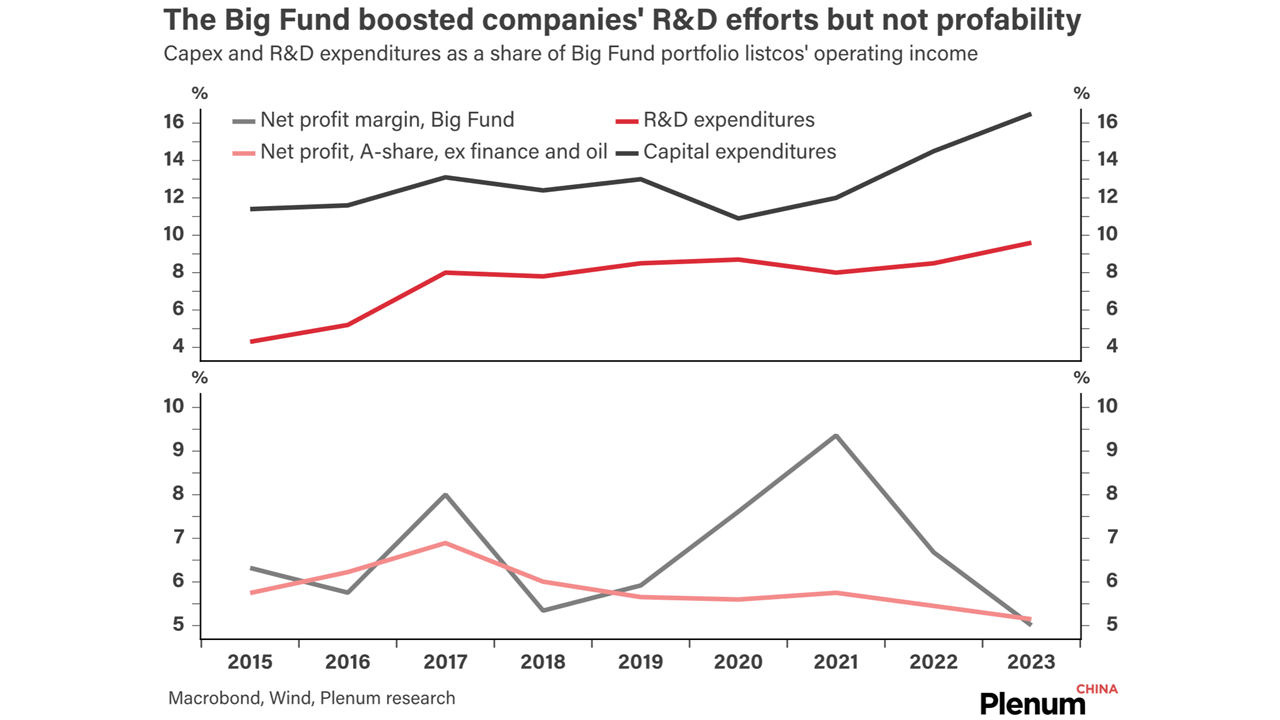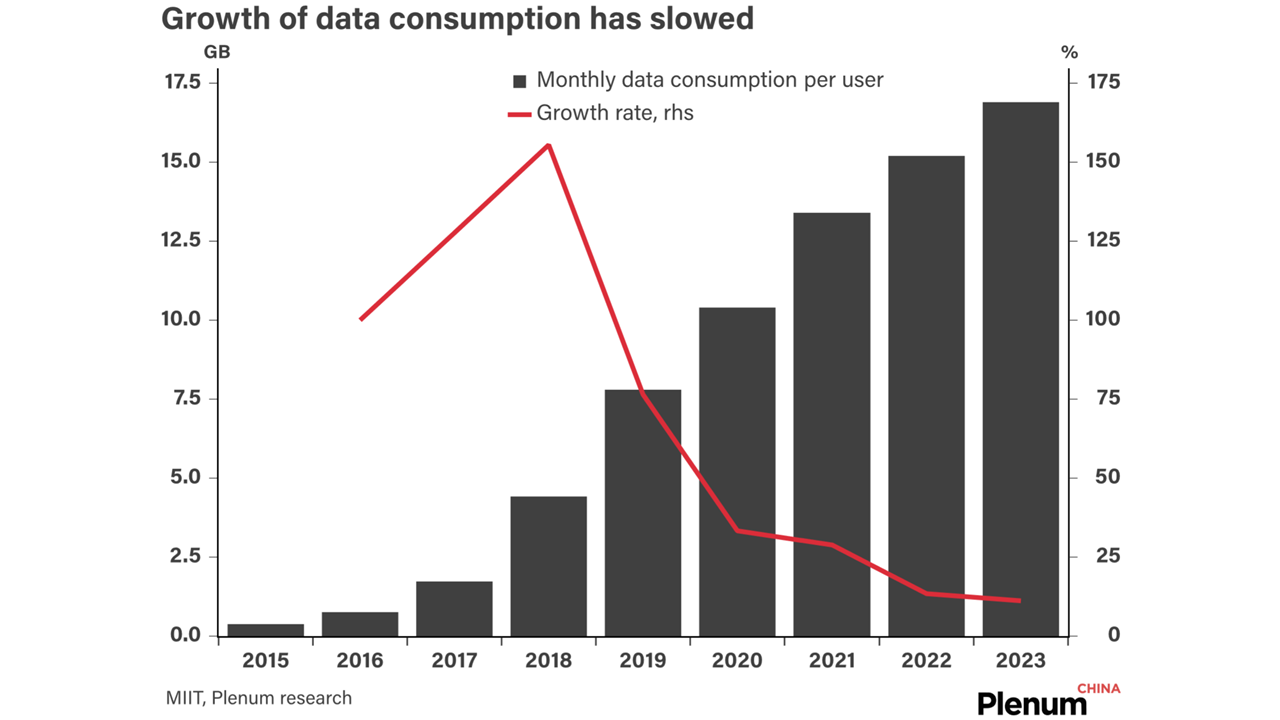
China moved quickly to build a nationwide 5G network and became a global frontrunner; now, local telecoms are scaling back their investments.
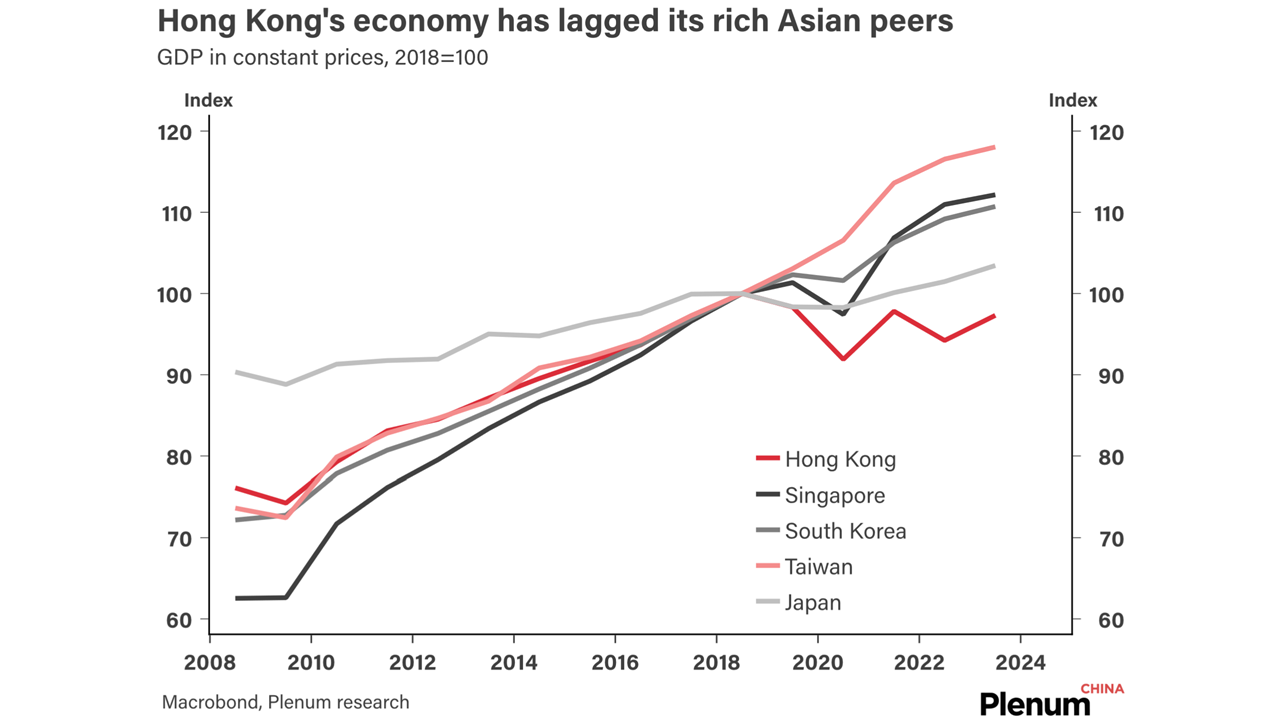
Hong Kong’s economy has been sputtering since before Covid, and it has lagged other developed economies in the region.
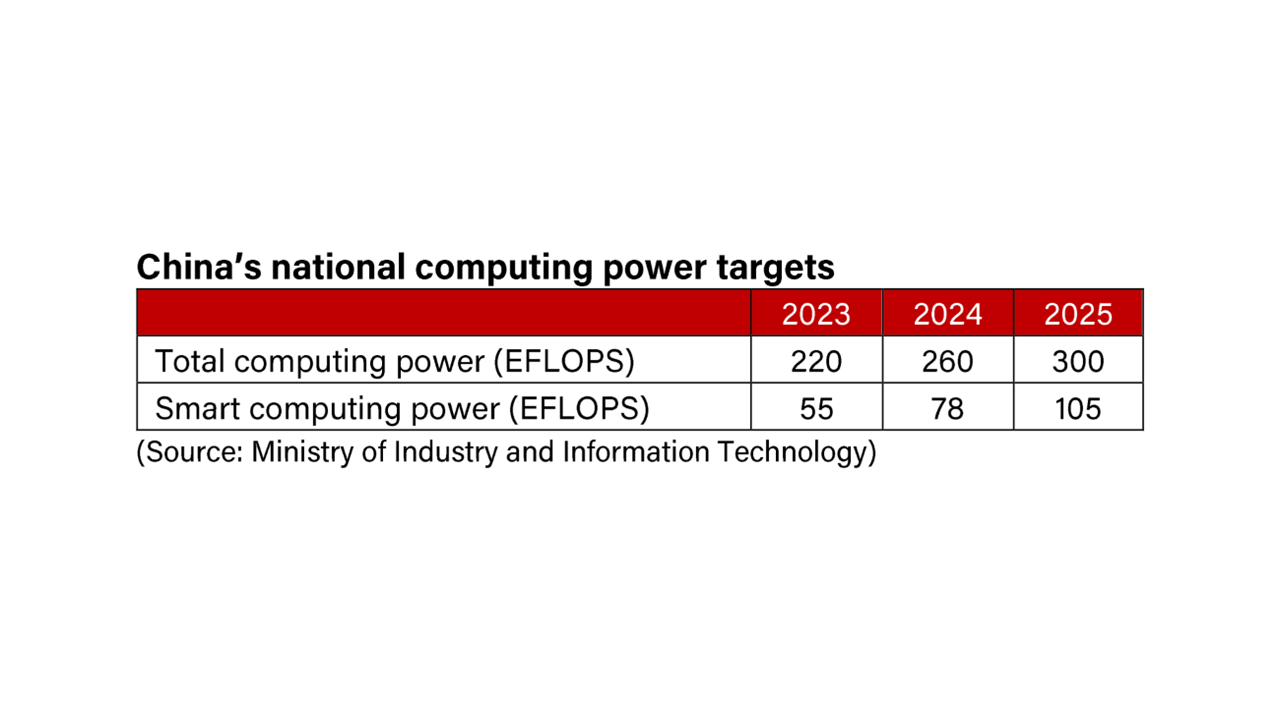
To support the development of artificial intelligence, China has mapped out plans to bolster its computing power infrastructure.
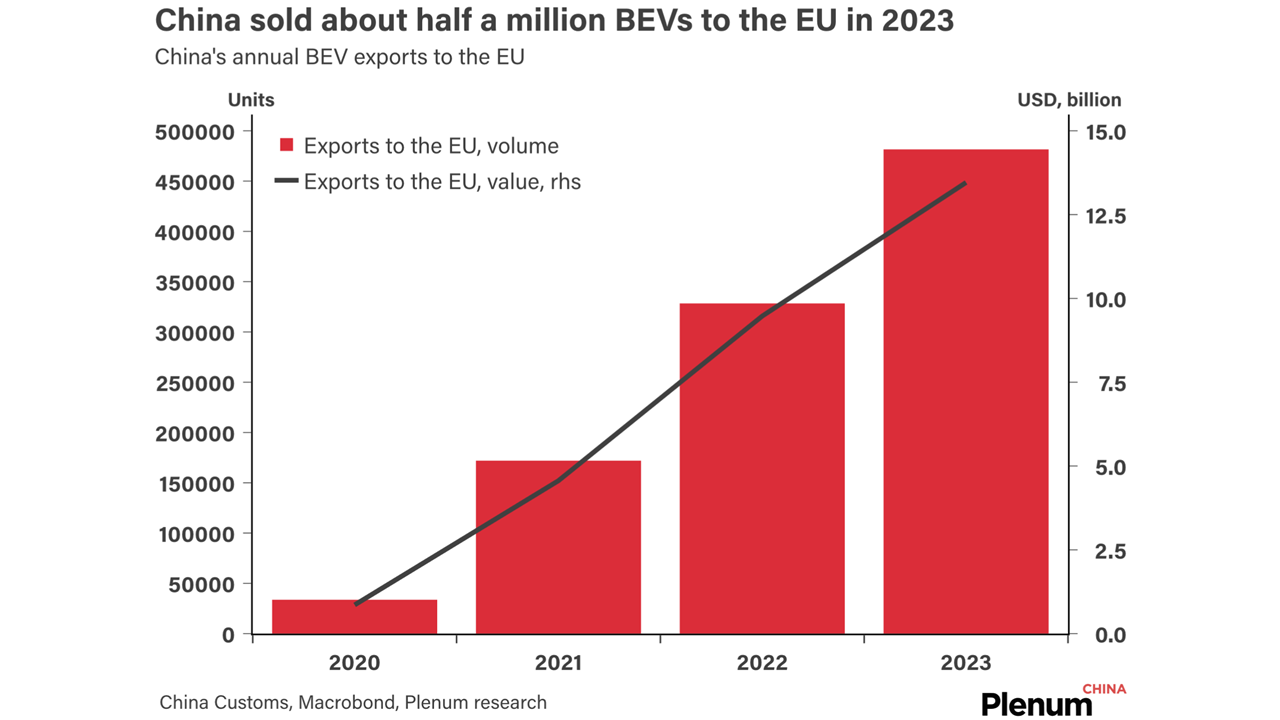
The European Commission has announced new tariffs on BEVs imported from China, which will impact different carmakers to varying degrees.
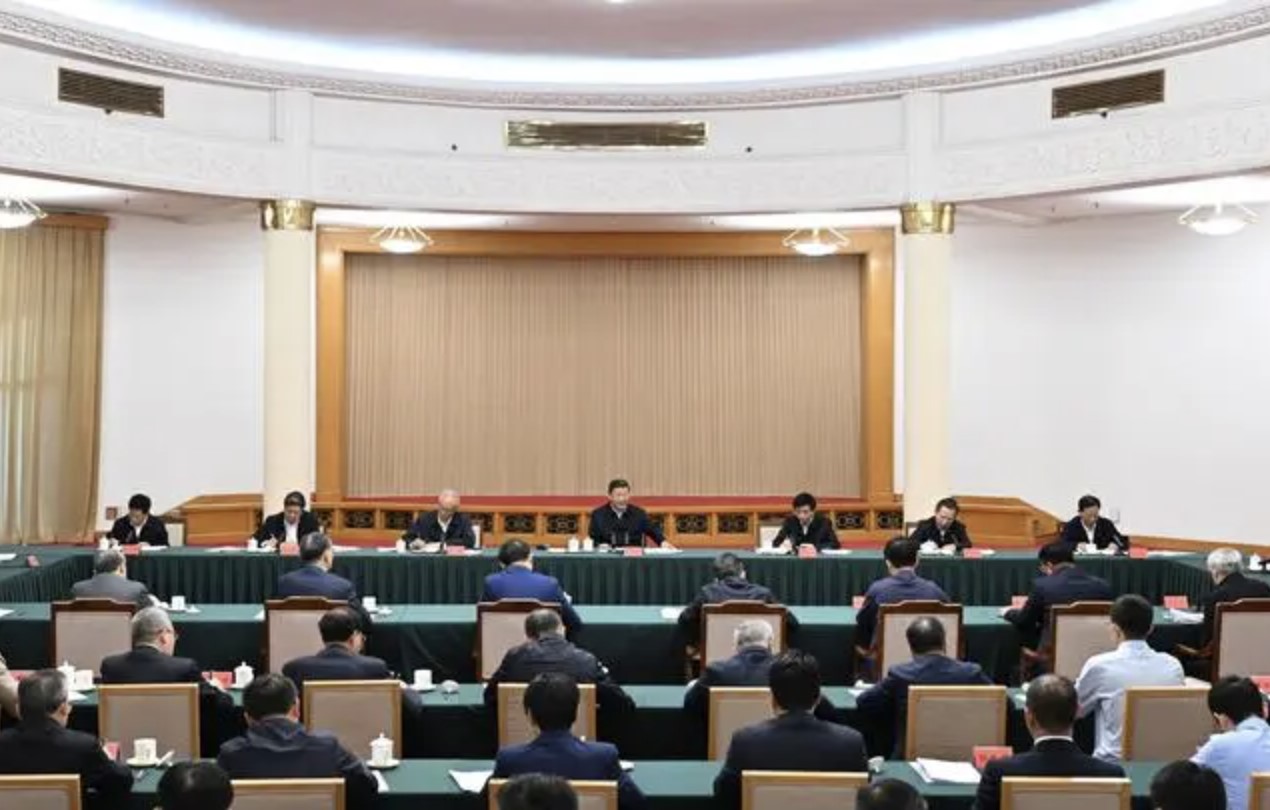
Last week, president Xi held a symposium with businessmen and economists in preparation for the upcoming Third Plenum.
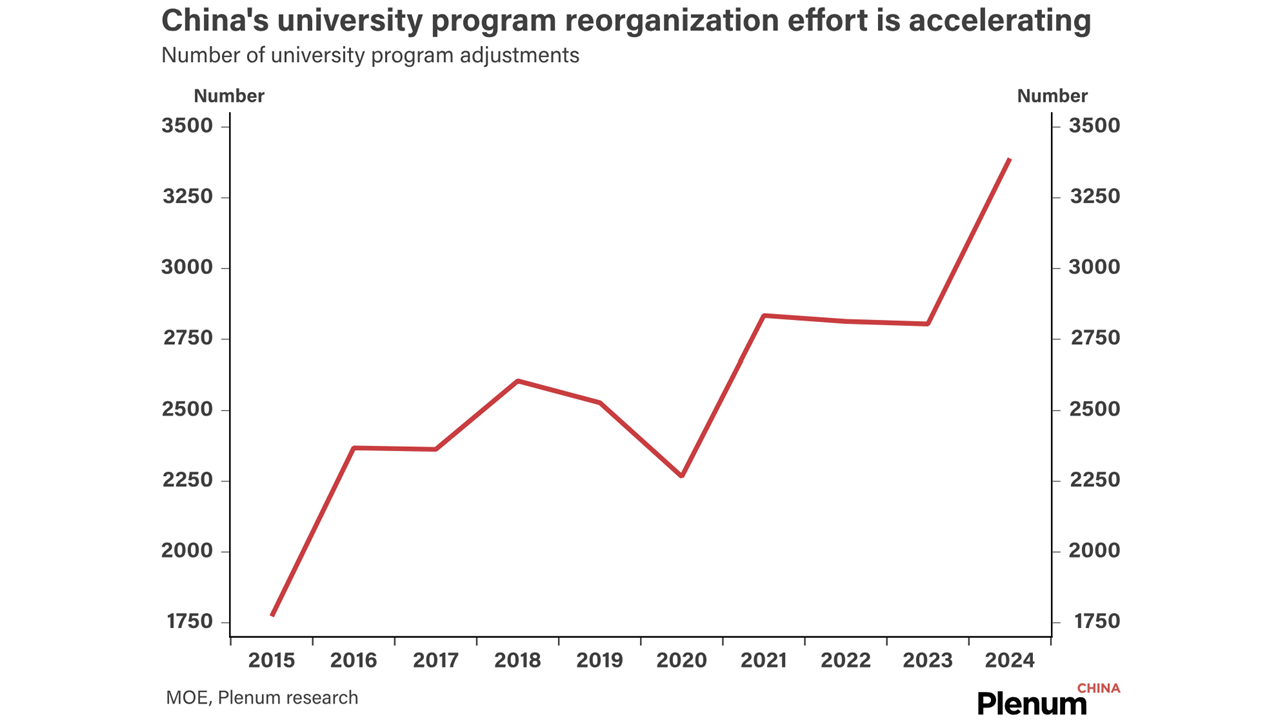
Beijing has accelerated its rebalancing of China’s university major offerings, limiting the growth of humanities majors and adding new engineering majors.
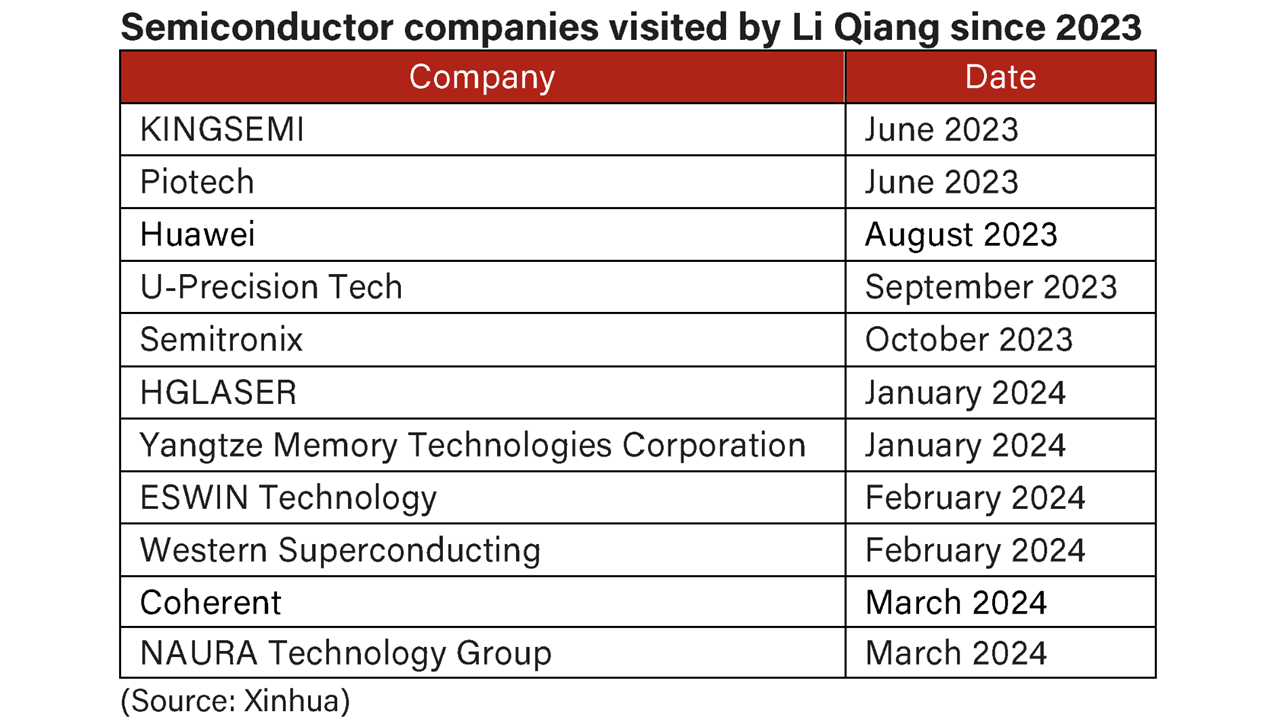
Patterns that emerge from visits by China’s top leaders to local industries can offer insights into national plans and priorities.
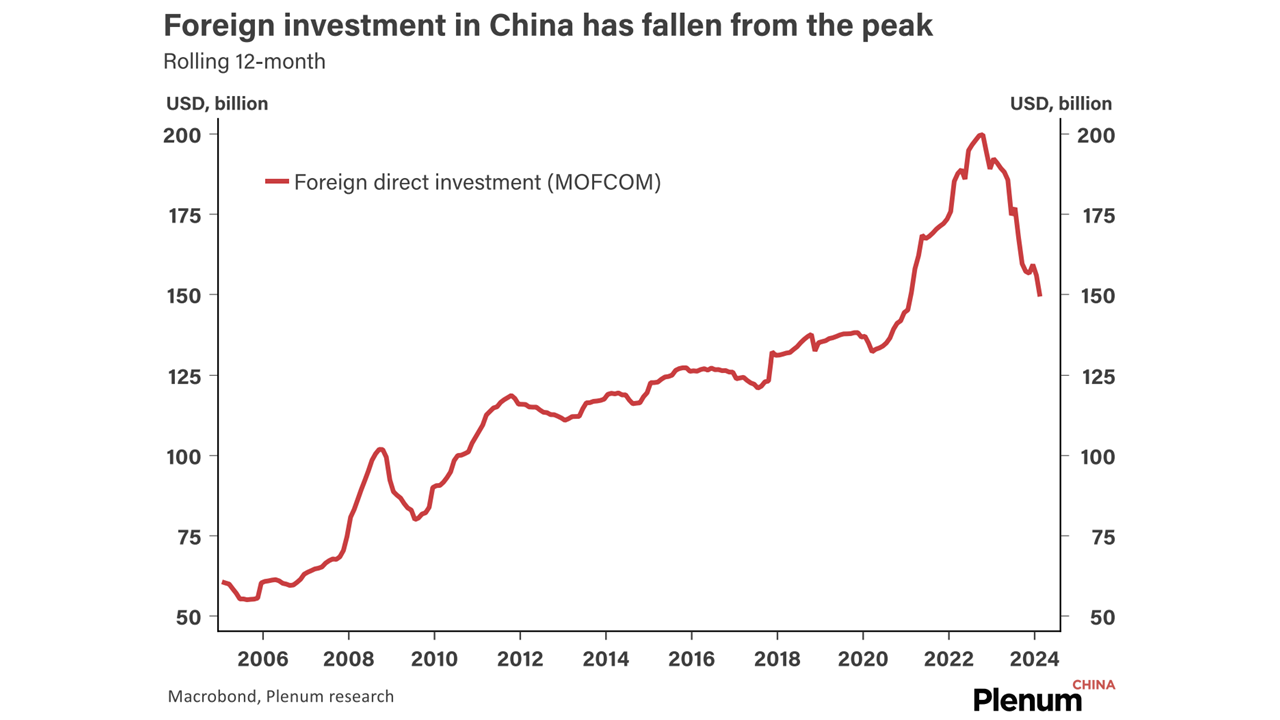
China has eased its outbound data transfer regulations as part of an effort to improve the business environment for foreign companies amidst plummeting FDI.

